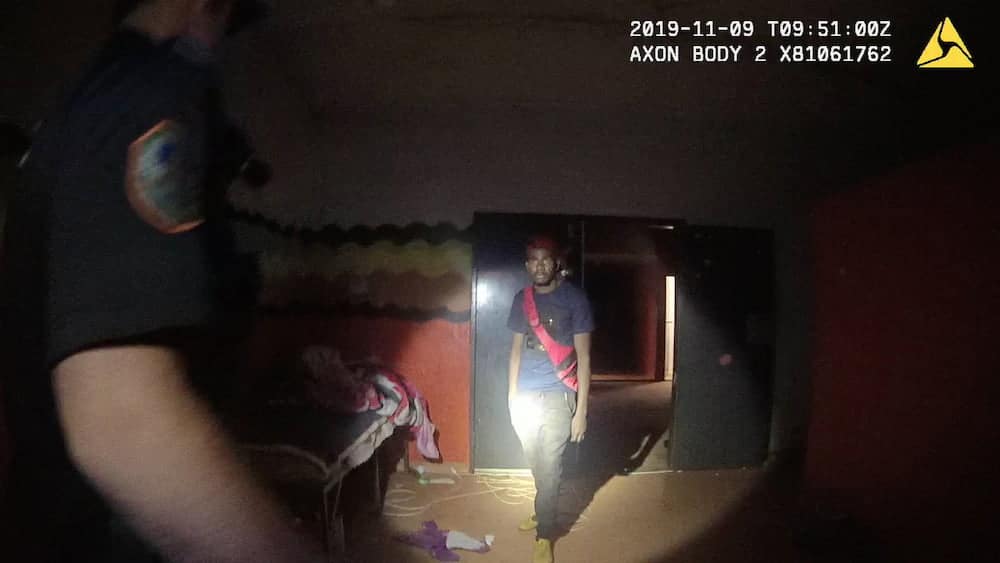Kumanjayi Walker was as good as dead the moment the policeman accused of his murder pulled the trigger, a military surgeon has told a jury.
Constable Zachary Rolfe shot the Aboriginal teenager three times during a failed arrest attempt in Yuendumu, 290km northwest of Alice Springs, on November 9, 2019.
The 19-year-old died on the floor of the local police station 74 minutes after the second fatal shot “reached the end of its wound path”.
Expert witness Michael Reade told the Northern Territory Supreme Court this was always going to be the case due to the remote location and the absence of trained medical staff.
“It had done such a degree of internal damage to the major organs and in particular the lung that it would have required, initially, advanced resuscitation techniques … (and) secondly, damage control surgery (and) the closest available place was Alice Springs,” he said on Monday.
“That was too far away for (Mr Walker) to access it.”
The second bullet damaged the teen’s spleen, liver, left kidney and right lung as it tracked from one side of his body to the other.
An autopsy found Mr Walker died from blood loss and respiratory failure.
Dr Reade watched police body-worn camera footage of the efforts to save Mr Walker’s life and said the officers giving first aid did all they could.
Prosecutors say Rolfe went “too far” when he fired the second and third shots because the teen was “effectively restrained” on the ground by another officer when he pulled the trigger.
The constable says he was doing his job and defending himself from a violent offender who had stabbed him in the shoulder with a pair of scissors.
Rolfe has pleaded not guilty.
Combat surgeon Keith Towsey has previously said the constable’s first shot into Mr Walker’s back was unlikely to have stopped the teen being able to use his right arm.
Mr Walker was holding the scissors he stabbed Rolfe with in his right hand.
“It has not struck any major organs to cause a major haemorrhage,” he said.
“It has not affected the major muscle groups that provide power to the shoulder and it has not affected any of the nerve supply to the right shoulder.
“Anatomically, I cannot see how the missile track A1 would have affected his ability to use his right arm.”
Prosecutors have conceded the first shot, which was fired while Mr Walker was standing and resisting arrest, was justified.
The jury has heard evidence that he continued to wrestle with another constable after the shot was fired.
Get all the latest Canberra news, sport, entertainment, lifestyle, competitions and more delivered straight to your inbox with the Canberra Daily Daily Newsletter. Sign up here.



